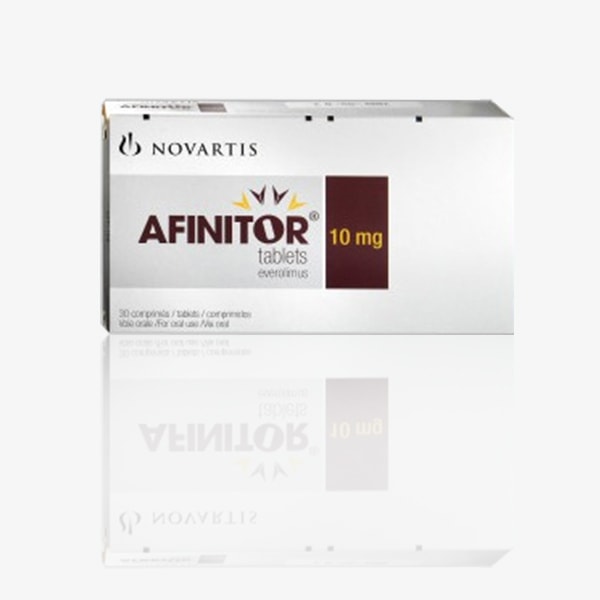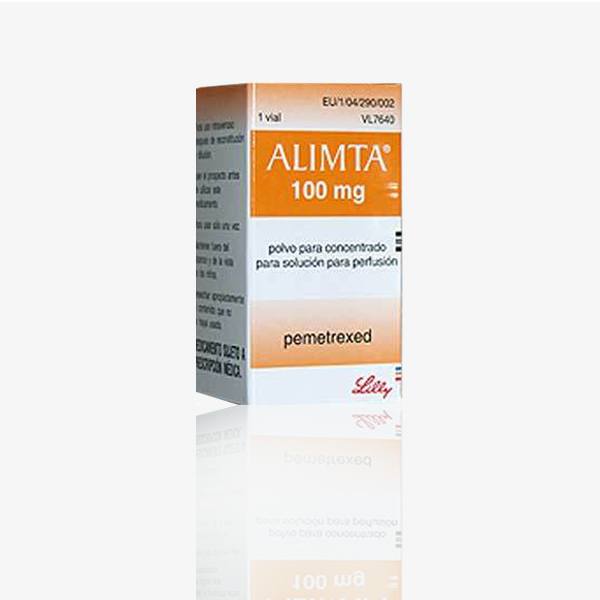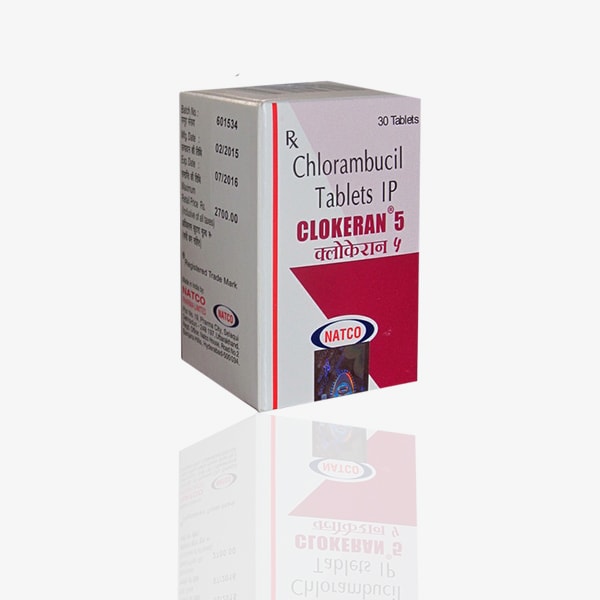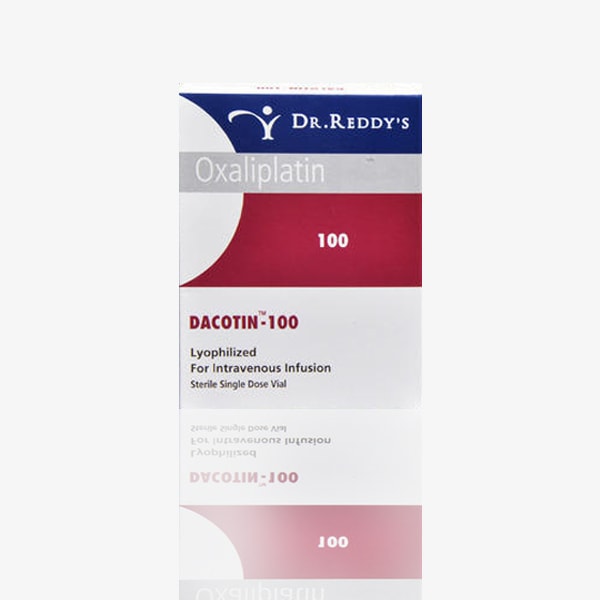

Buy Afinitor : Everolimus 10 Mg Tablet 30’S Online
$652.10
Brand Name : Afinitor
Composition : Everolimus
Manufactured by : Novartis India Ltd.
Strength : 10 mg
Form : Tablets
Packing : Pack of 30 Tablets
Prescription Required *

Buy Afinitor : Everolimus 10 Mg Tablet 30’S Online
$652.10
- Description
- Reviews (0)
Description
Overview: Afinitor is a medication that contains the active ingredient Everolimus. Everolimus belongs to a class of drugs known as mammalian target of rapamycin (mTOR) inhibitors. It is used in the treatment of various cancers and certain non-cancerous conditions by inhibiting the mTOR pathway, a signaling pathway involved in cell growth and proliferation.
Active Ingredient:
- Everolimus: Afinitor’s active ingredient, Everolimus, works by interfering with the mTOR pathway, thereby inhibiting cell division and reducing the growth of cancerous or abnormal cells.
Indications: Afinitor (Everolimus) is indicated for the following conditions:
- Advanced Breast Cancer: Afinitor, in combination with exemestane, is used for postmenopausal women with advanced hormone receptor-positive, HER2-negative breast cancer.
- Advanced Pancreatic Neuroendocrine Tumors (pNET): Afinitor is used to treat adults with progressive, well-differentiated, non-functional neuroendocrine tumors of the pancreas that cannot be treated with surgery.
- Renal Angiomyolipoma with Tuberous Sclerosis Complex (TSC): Afinitor is approved for the treatment of adults with renal angiomyolipomas and TSC, who do not require immediate surgery.
- Subependymal Giant Cell Astrocytoma (SEGA) with TSC: Afinitor is used for the treatment of pediatric and adult patients with SEGA associated with tuberous sclerosis complex (TSC) when surgery is not an option.
- Advanced Renal Cell Carcinoma (RCC): Afinitor, in combination with exemestane, is used for the treatment of advanced RCC in postmenopausal women after the failure of treatment with sunitinib or sorafenib.
Mechanism of Action: Everolimus inhibits mTOR, a protein kinase that plays a central role in regulating cell growth, proliferation, and angiogenesis. By interfering with this pathway, Afinitor slows down the growth of cancer cells.
Dosage and Administration: The dosage of Afinitor (Everolimus) is determined by the healthcare provider based on the patient’s specific condition and response to treatment. It is generally administered orally in the form of tablets and should be taken consistently with or without food.
Potential Side Effects: Common side effects of Afinitor may include stomatitis (inflammation of the mouth), rash, fatigue, diarrhea, and infections. Serious side effects may include lung or breathing problems, severe infections, and metabolic disorders. Patients should promptly report any unusual symptoms to their healthcare provider.
Precautions:
- Monitoring: Regular monitoring of blood counts, kidney function, and lung function may be necessary during treatment.
- Immunosuppression: Afinitor can suppress the immune system, increasing the risk of infections. Patients should be vigilant about potential signs of infection.
- Hormonal Contraception: Effective contraception is advised during and for a certain period after treatment due to potential risks to the developing fetus.
Prescription Requirement: Afinitor (Everolimus) is available only with a prescription and should be used under the supervision of a qualified healthcare professional.
In conclusion, Afinitor (Everolimus) is a targeted therapy used in the treatment of various cancers and non-cancerous conditions. Its mechanism of action involves inhibiting the mTOR pathway, and its use requires careful monitoring and consideration of potential side effects under the guidance of a healthcare provider.
Be the first to review “Buy Afinitor : Everolimus 10 Mg Tablet 30’S Online” Cancel reply
Related Products
Buy Alimta : Pemetrexed 100 Mg Injection Online
Total Sales: 0
SKU: 541439
Buy Avastin : Bevacizumab 100 Mg/4 Ml Injection Online
Total Sales: 0
SKU: 525889
Buy Biobin : Cytarabine 1000 Mg Injection Online
Total Sales: 0
SKU: 999962
Buy Clokeran : Chlorambucil 5 Mg Tablets Online
Total Sales: 0
SKU: 858738
Buy Dacotin : Oxaliplatin 100 Mg Injection Online
Total Sales: 0
SKU: 925185








Reviews
There are no reviews yet.